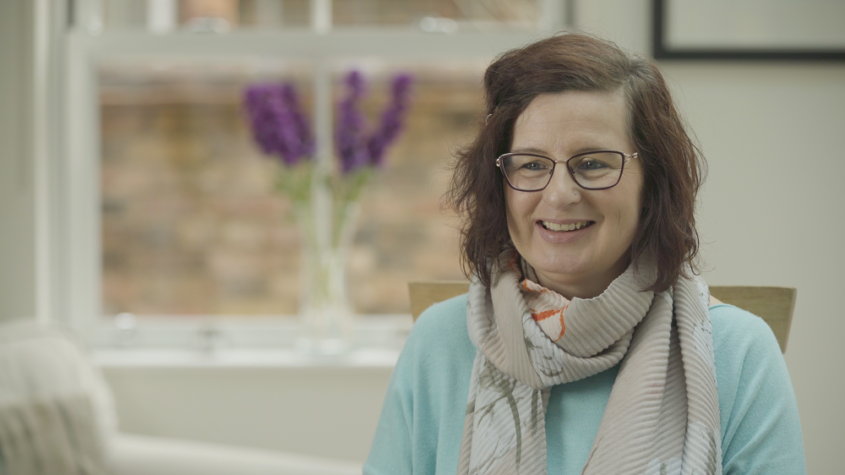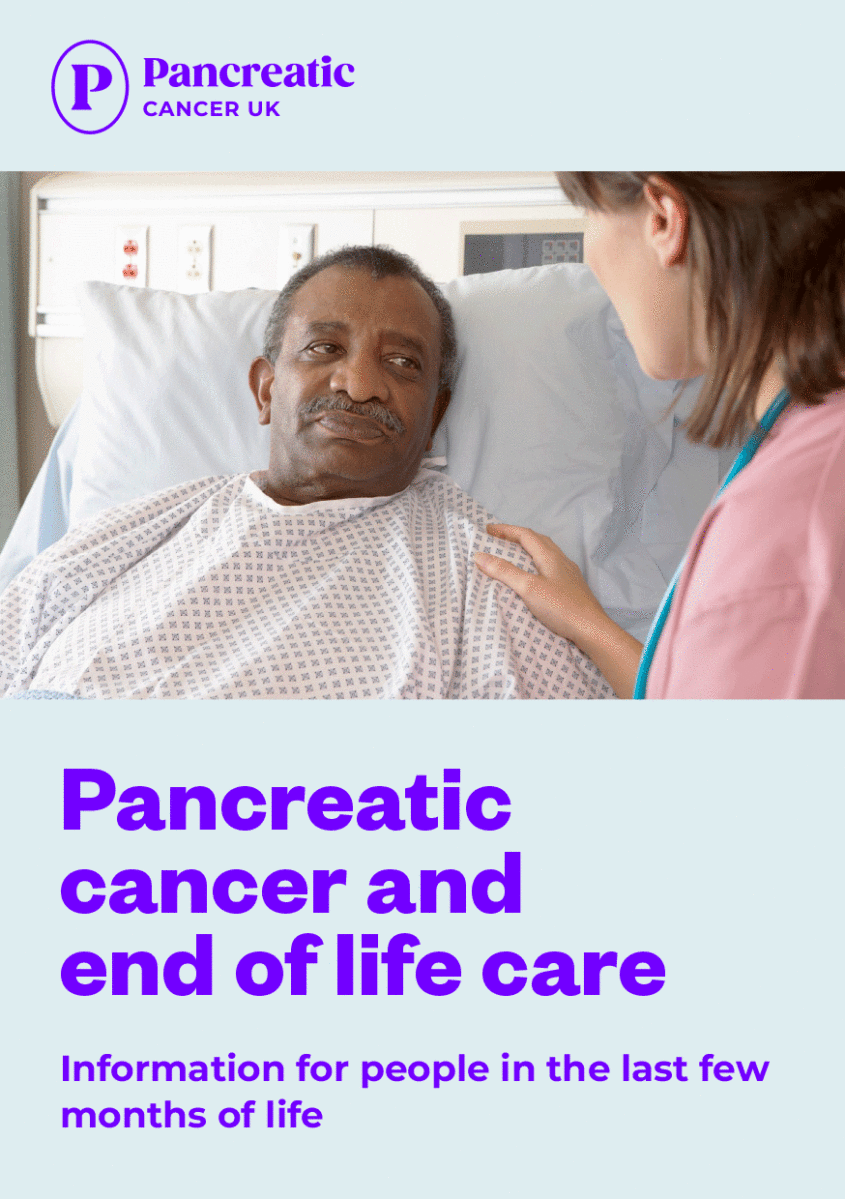What can help?
- Speak to your doctor, nurse or dietitian about weight loss. Tell them about any problems that are stopping you eating such as pain or sickness.
- It’s fine to eat and drink what you feel like, even if that’s only small amounts.
- Try having small meals or snacks. You may find soft food such as soup, yoghurt or ice cream easier to eat.
- You might find it easier to have drinks like milkshakes, smoothies or nutritional supplements.
- Try to keep having meals together as a family, as the social part of eating together can help.
- You should keep taking pancreatic enzymes while you are eating, but you can reduce the amount you take if you are eating less.
- Gentle physical activity can help to increase your appetite and help you maintain your strength and fitness.
Your doctor or nurse can refer you to a dietitian for help with eating. They may suggest changes to your diet to increase the amount of energy and protein in your diet, or suggest nutritional supplements. This can help you feel better and have more energy.



